Feb 01
Before Brown
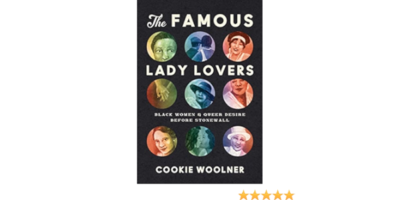
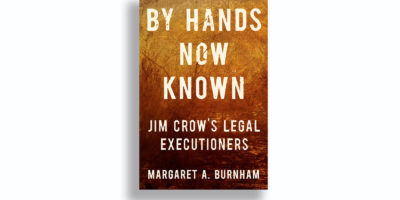

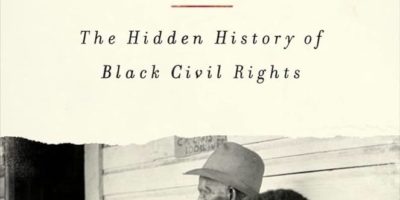
Description
In 1954, the U.S. Supreme Court ruled that racial segregation in public schools was unconstitutional in the landmark case Brown vs. Board of Education. Authors Matthew F. Delmont (Half American: The Epic Story of African Americans Fighting World War II at Home and Abroad), Margaret A. Burnham (By Hands Now Known: Jim Crow’s Legal Executioners) Dylan C. Penningroth (Before the Movement: The Hidden History of Black Civil Rights), and Cookie Woolner (The Famous Lady Lovers: Black Women and Queer Desire Before Stonewall) look at the Black struggle in the decades before this historic verdict. Black people fought injustices in the criminal legal system, took on discrimination in the armed forces and defense industries, and struggled to make space for Black, queer lives.
Speakers
-
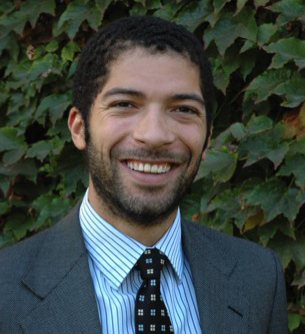
Matt Delmont
Dartmouth College
Dr. Matthew Delmont is the Frank J. Guarini Associate Dean of International Studies and Interdisciplinary Studies and the Sherman Fairchild Distinguished Professor of History. An expert on African-American History and the history of Civil Rights, he is the author of Half American: The Epic Story of African Americans Fighting World War II at Home and Abroad (Viking Books, 2022), which received the Ansfield-Wolf Book Award. He is also the author four previous books: Black Quotidian: Everyday History in African American Newspapers (Stanford University Press, 2019); Making Roots: A Nation Captivated (University of California Press, 2016); Why Busing Failed: Race, Media, and the National Resistance to School Desegregation (UC Press, 2016); and The Nicest Kids in Town: American Bandstand, Rock 'n' Roll, and the Struggle for Civil Rights in 1950s Philadelphia (UC Press, 2012). He was awarded a Guggenheim Fellowship and National Endowment for the Humanities (NEH) Public Scholar Award to support this research. In addition to these books, he regularly shares his research with media outlets, including the New York Times, NPR, TheAtlantic.com, Washington Post, and The Conversation. Dr. Delmont has spoken and consulted with Fortune 500 companies, universities, colleges, and community organizations regarding African American history, civil rights, and how to reckon with the history of racism in America.
-
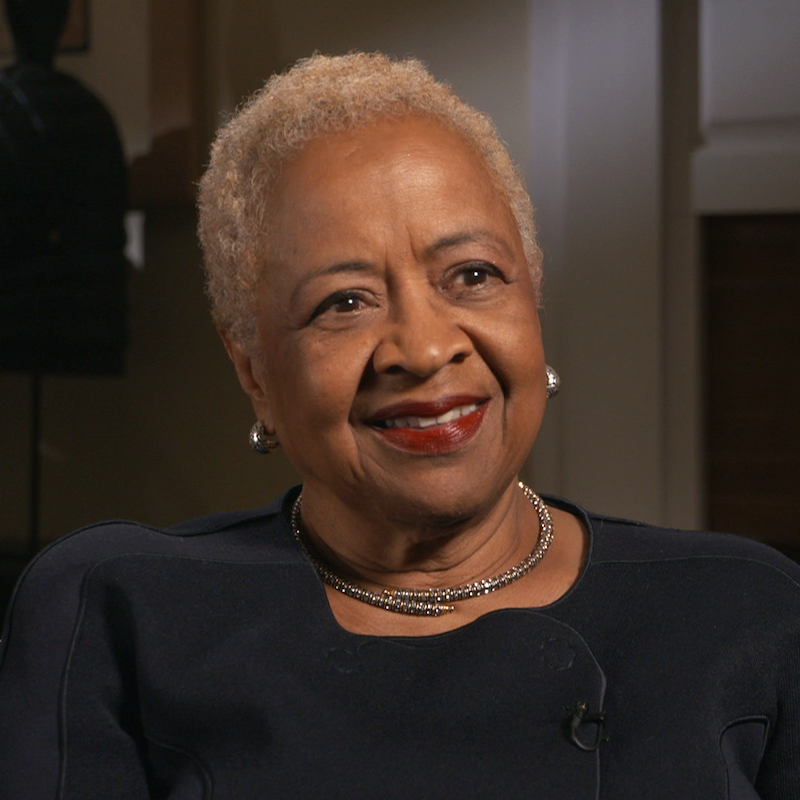
Margaret Burnham
Northeastern University
Professor Burnham is an internationally recognized expert on civil and human rights, comparative constitutional rights, and international criminal law. She is the faculty co-director of the law school’s Center for Law, Equity and Race (CLEAR) and founded and directs the Civil Rights and Restorative Justice Project (CRRJ), which investigates racial violence in the Jim Crow era and other historical failures of the criminal justice system. CRRJ serves as a resource for scholars, policymakers and organizers involved in various initiatives seeking justice for these crimes. Among her impressive accomplishments, Professor Burnham headed a team of outside counsel and law students in a landmark case that settled a federal lawsuit. Professor Burnham’s team accused Franklin County Mississippi law enforcement officials of assisting Klansmen in the kidnapping, torture and murder of two 19-year-olds, Henry Dee and Charles Eddie Moore. CRRJ’s investigations are widely covered in the national press, including a PBS Frontline documentary series, “Un(re)solved.”
In 2021, President Joe Biden nominated Professor Burnham to serve as a member of the Civil Rights Cold Case Records Review Board; in 2022, the U.S. Senate confirmed her appointment. The board is charged with reviewing the records of Civil Rights era cold criminal cases of murders and other racially motivated violence that occurred between 1940 and 1979. Many of these records are still closed to the public. The board is examining agency decisions to withhold access and to engage with them to determine if the records should still be withheld.
Professor Burnham began her career at the NAACP Legal Defense and Educational Fund. In the 1970s, she represented civil rights and political activists. In 1977, she became the first African American woman to serve in the Massachusetts judiciary, when she joined the Boston Municipal Court bench as an associate justice. In 1982, she became partner in a Boston civil rights firm with an international human rights practice. In 1993, South African president Nelson Mandela appointed Professor Burnham to serve on an international human rights commission to investigate alleged human rights violations within the African National Congress. The commission was a precursor to the Truth and Reconciliation Commission. She joined Northeastern Law in 2002.
A former fellow of the Bunting Institute at Radcliffe College and Harvard University's W.E.B. DuBois Institute for Afro-American Studies, Professor Burnham has written extensively on contemporary legal and political issues. In 2016, Professor Burnham was selected for the competitive and prestigious Carnegie Fellows Program. Provided to just 33 recipients nationwide that year, the fellowship provides the “country’s most creative thinkers with grants of up to $200,000 each to support research on challenges to democracy and international order.” Professor Burnham used the funding to deepen and extend CRRJ’s work and research dedicated to seeking justice for crimes of the civil rights era. Among her many honors, Massachusetts Lawyers Weekly inducted Professor Burnham into its Hall of Fame in 2023. Also in 2023, she was honored with a Mass Humanities Governor’s Award for her “dedication to exploring history, illuminating truth and confronting injustice in order to protect civil and human rights locally, nationally and internationally.”
Professor Burnham’s book, By Hands Now Known: Jim Crow’s Legal Executioners (W.W. Norton, 2022), was nominated for or awarded a number of prizes, including:
- Los Angeles Times Book Prize: winner in the history category
- Hillman Prize: book category
- Nautilus Book Award: gold medal for journalism and investigative reporting
- Hurston/Wright Legacy Award
- NPR: Books We Love in 2022
- Named a Best Book of the Year: The New Yorker, Oprah Daily, Kirkus, Chicago Public Library and Publishers Weekly
- Massachusetts Book Awards Must-Read Nonfiction: long listed
- Kirkus Prize: finalist in nonfiction
- Andrew Carnegie Medal for Excellence in Nonfiction: long listed
The book is a paradigm-shifting investigation of Jim Crow-era violence, the legal apparatus that sustained it, and its enduring legacy. Publishers Weekly, which reviewed it with a coveted “star,” called it, “An essential reckoning with America’s history of racial violence.” Legendary activist Angela Davis has said, “By Hands Now Known: Jim Crow’s Legal Executioners needs to be read by everyone who recognizes the historic mandate of our time: to interrupt cycles of racist violence that are rooted in slavery and have repeatedly found new modes of expression, even as the unresolved old forms plague our historical memory.”
- Los Angeles Times Book Prize: winner in the history category
-
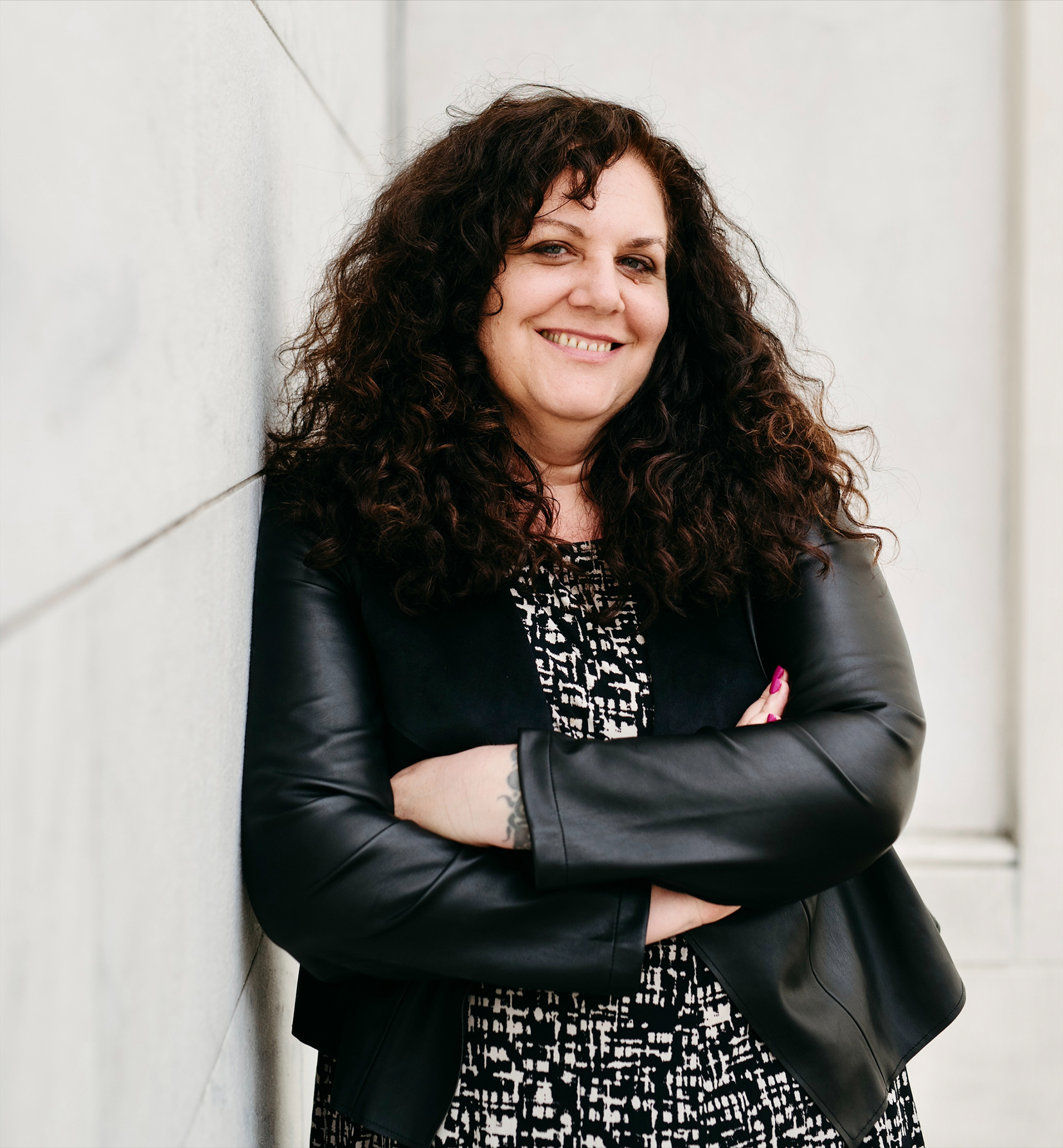
Cookie Woolner
University of Memphis
Cookie Woolner is a cultural historian of race, gender, and sexuality in the modern U.S. She is an Associate Professor in the History department at the University of Memphis. Her current manuscript, “The Famous Lady Lovers:” African American Women and Same-Sex Desire Before Stonewall (under contract with UNC Press), explores the lives of of Black women who loved women in the Interwar era.
-
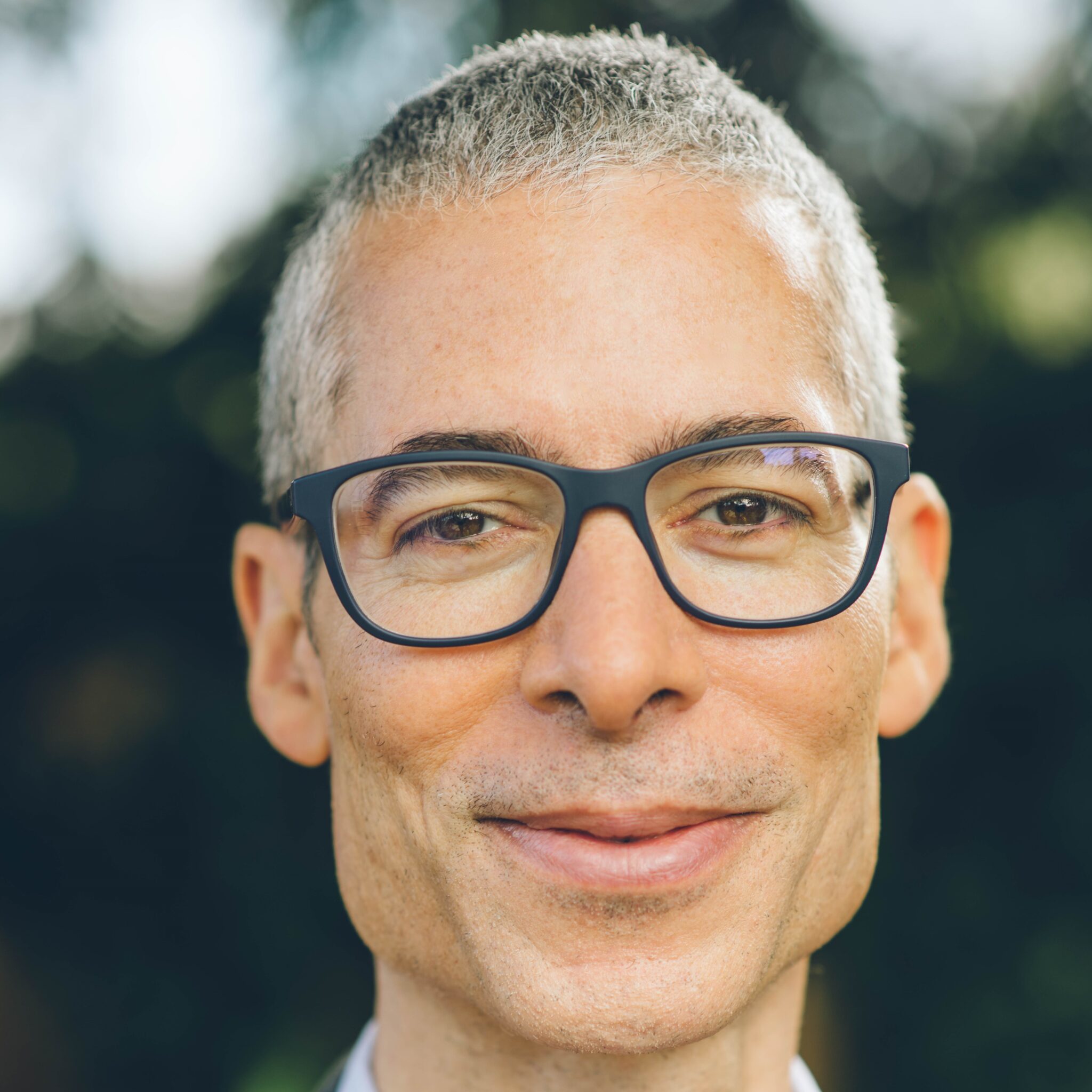
Dylan Penningroth
University of California - Berkeley
Dylan C. Penningroth specializes in African American history and in U.S. socio-legal history. His first book, The Claims of Kinfolk: African American Property and Community in the Nineteenth-Century South (Chapel Hill: University of North Carolina Press, 2003), won the Avery Craven Prize from the Organization of American Historians. His articles have appeared in the University of Pennsylvania Law Review, the Journal of American History, the American Historical Review, and the Journal of Family History.
Penningroth has held fellowships from the National Endowment for the Humanities, the National Science Foundation, and the Stanford Humanities Center, and has been recognized by the Organization of American Historians’ Huggins-Quarles committee, a Weinberg College Teaching Award (Northwestern University), a McCormick Professorship of Teaching Excellence (Northwestern), and a MacArthur Foundation fellowship.
Before joining UC Berkeley in 2015, Dylan Penningroth was on the faculty of the History Department at the University of Virginia (1999-2002), at Northwestern University (2002-2015), and a Research Professor at the American Bar Foundation (2007-2015).
Penningroth’s new book is entitled Before the Movement: The Hidden History of Civil Rights (Liveright, 2023). Combining legal and social history, and drawing from a large sample of trial court records, the book explores how ordinary Black people used and thought about law in their everyday lives, and how Black legal activity and Black legal thought helped shape American law and Black social movements from the 1830s to the 1970s.